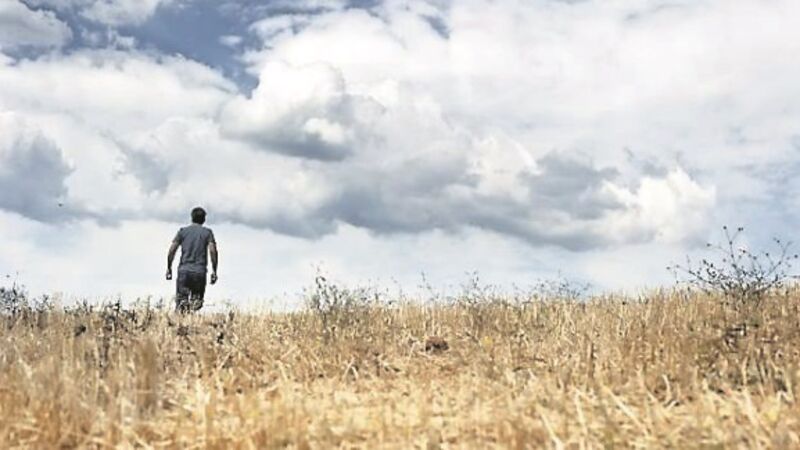Rural Action Plan: New answers needed for old problems

Just like America’s Rust Belt, the future for rural Ireland can’t be a new, shiny, the-jobs-are-back version of the past. Things have changed permanently and new solutions to old problems are needed.
The jobs section in the action plan has a budget of €50m, €1.92m for each county. That might build one or two small schools or paint a few community halls but not much more.











